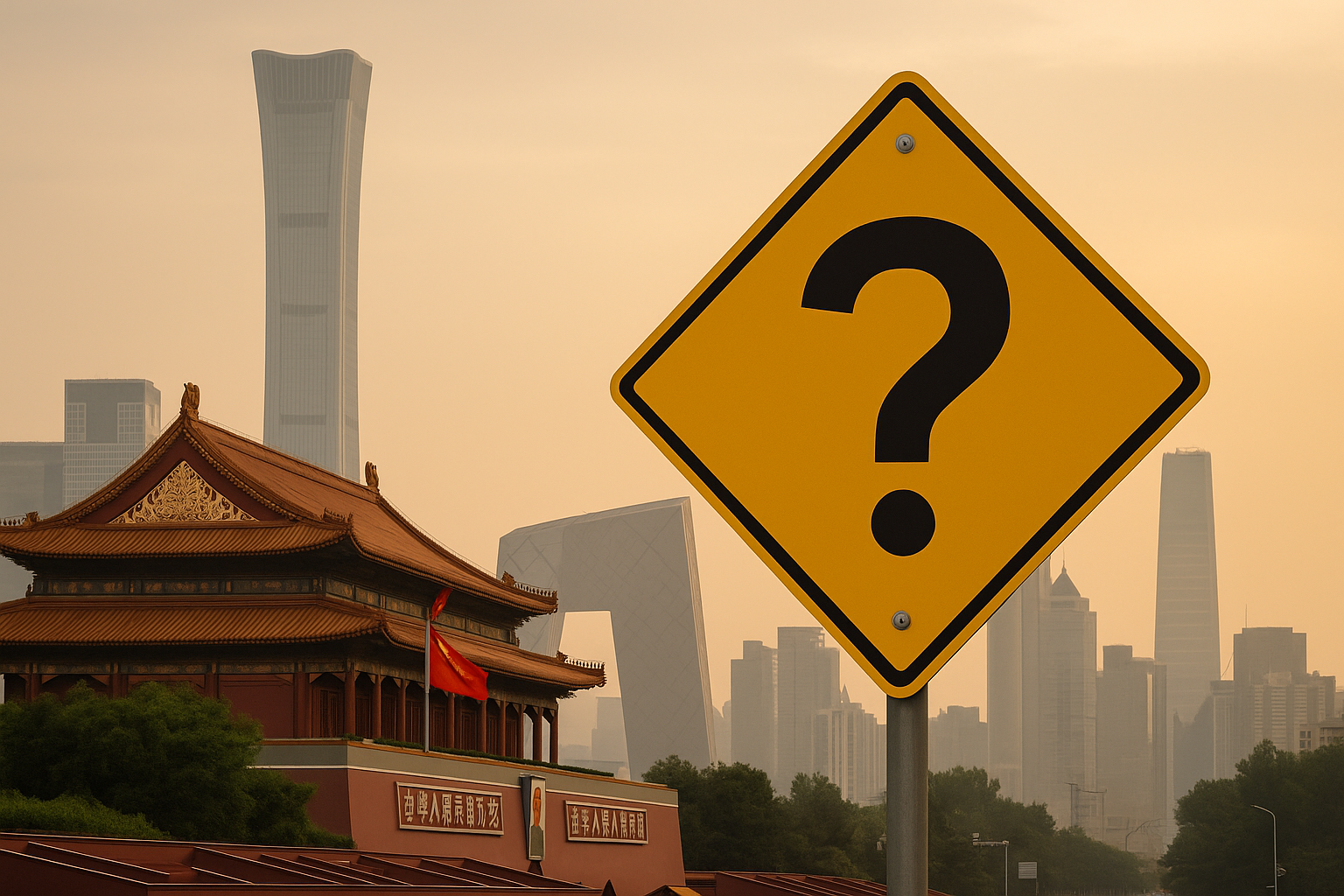By Tom Clifford in Beijing
There are taboo subjects in China.The three Ts…Taiwan, Tibet and Tiananmen. Then the three Es…employment, environment and economy. All can be mentioned but within very strict limits. The first three with extreme caution, the second group only in the context of improvement.
I came to China in 2010 and I am leaving in September. After a week in China, as the saying goes, one is an expert; after 15 years one realizes how little one knows.
But after my stint here I can confidently say there is less optimism than in 2010. China has known poverty and success. It has seen the largest movement out of extreme poverty ever generated. Hundreds of millions of people have seen their living standards rise. Mao Zedong died in 1976 and after the initial uncertainty, the party stabilized and gradually agreed on the need for change and to back Deng Xiaoping’s reforms.
Since then, the Chinese people have known only that tomorrow will be better than today. That no longer applies as a guiding principle. Parents cannot tell their child that they will have a better standard of living. No one is suggesting the days of social turmoil will return but stagnation has set in.
This brings with it a sense that the people will soon demand more. The agreement that shaped the 21st century is faltering. The party made an unwritten pact with the people. Economic success at the price of no political involvement. Declining expectations means that there will be a growing sense of nothing to lose. If the economy is not delivering, then why not demand more rights?
There is a sharp irony here.
China played a crucial role in stabilizing the global economy after the 2008 crash. In 2007, China’s GDP growth rate was 13 percent but in 2008, after the Lehman Brothers crash, GDP fell to 6.8 percent in the fourth quarter.
Beijing’s prompt action, a massive stimulus package, not only revived its economy – it became the lifeline for the rest of Asia and by extension, the west.
Up to the Covid outbreak Asia and China managed to achieve healthy growth rates.
But China has yet to recover from Covid’s toil on the economy. On top of this, Trump is targeting China, and this is changing the political landscape. It got little attention when first announced in August but the resumption of direct flights between India and China marks a seismic shift in diplomacy.
The world’s two most populous nations realize that they can achieve their aims much quicker by sidelining the US and – endorsing that overused term so beloved of diplomats in the region – strengthening ties.
No mean feat considering that not too long ago it seemed conflict was more likely between the two than growing trade. A border clash in 2020 nearly escalated into something much worse and both understand that Trump simply put cannot be trusted. Another irony is that for a man who covets the Nobel peace prize Trump’s greatest achievement, unwittingly strengthening India-China ties, has gone largely unnoticed.
###
Previous article by Tom Clifford:
China Eyes America’s Backyard
###
ADVERTISEMENT












